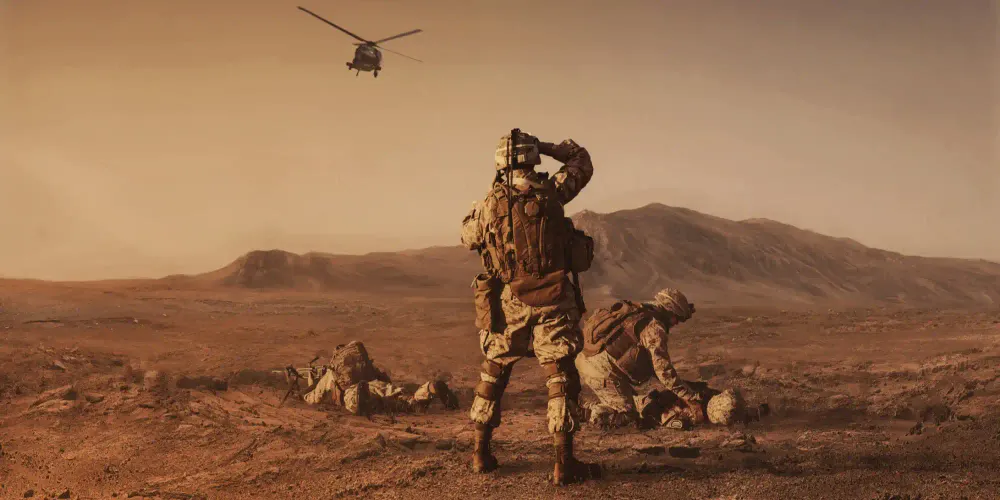Issue 94 • Week of November 5, 2023
Nearly 20% of American adults in 1980 had served their country at some point in the armed forces. This Veterans Day, that number is down to 6% – even after two decades of conflict in Afghanistan and Iraq. By contrast, the Department of Veterans Affairs (VA) has grown to its largest in history: 450,000 staff are there to help nearly 19,000,000 people.
We have made meaningful strides in the century after WWI when plight of the doughboys returning from Europe was largely ignored by society until the Great Depression. Thanks in part to their relentless pursuit of justice, the Greatest Generation who helped save the world from domination in WWII were the first to be assured of significant benefits with the GI Bill that catalyzed the American post-war economic boom.
Since then, both the geopolitical results and the lasting effects on veterans of subsequent military interventions have been less clear.
The US counted 58,220 troops lost in the Vietnam War. Five times that many veterans have succumbed afterward to essentially friendly fire from our own indiscriminate use of Agent Orange. That raises the actual death toll from the conflict to be much closer to WWII than is typically reported. The effects of Agent Orange are also multi-generational, as some veterans' children have been tragically unable to conceive.
The official tally of American casualties from the 1990-1991 Gulf War lists less than 300 killed and 500 wounded. From this perspective, the liberation of Kuwait appears to be one of the most efficient military campaigns ever. However, new research has come to light proving that 175,000 US veterans from Operations Desert Shield and Storm live with debilitating effects of exposure to sarin.
The US now claims minimal consequences from its ongoing war against ISIS of only 71 killed and 74 wounded. Yet studies have determined that just because the bombardment strategy saved our armed forces from direct combat does not mean they escaped its effects. American battalions fired triple the number of artillery shells than during the Gulf War in a similar time period, resulting in brain damage from repeated shock waves likened to frequent sub-concussive hits in football. Only time will tell how many troops were afflicted.
One sobering stat we know already is that there are more than four times as many post-9/11 veterans who have committed suicide than died in combat.
Meanwhile, we rarely hear of the challenges veterans faced while they were still in active duty that can lead to unique forms of trauma. Sexual assault is getting worse in the armed forces, not better, and more than half of minorities currently serving have witnessed extremist behavior by fellow officers or enlisted personnel. In fact, the military ranks white nationalism as a national security threat greater than North Korea that is on par with ISIS and Al Qaeda.
Supporters who clad themselves in red, white, and blue but do not acknowledge the challenges of readjusting to civilian life or the true sacrifices made by our men and women in uniform are not doing them any favors. Our country must hold itself accountable to the decisions our leaders have made over the years when asking citizens to serve.
How can we do right by our veterans?
This content is only available to members
Sign up for free to read the potential solutions for this topic and find out what you can do today for a better tomorrow or pre-order our second book that will compile 100 issues on making a difference.
Unlock contentAlready have an account? Sign In



